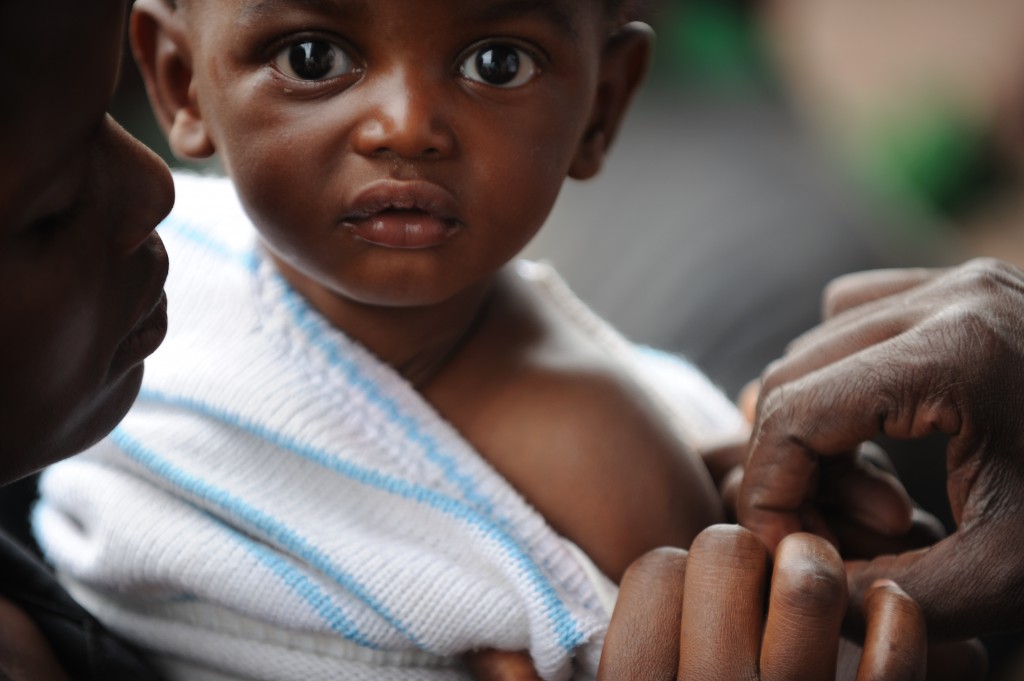No Neurodevelopmental or Behavioral Deficits Found in Vaccinated Non-Human Primates
Critical study of MMR (measles, mumps and rubella) pediatric vaccine shows no harm to neurodevelopment, cognition or behavior in vaccinated nonhuman primate infants. Five-year case-control study by researchers at the Washington National Primate Research Center is published as United States sees measles resurgence.
The study results appeared last week in Environmental Health Perspectives.
 The study of infant macaques compared the safety of different child-immunization schedules. The study included the schedule from the 1990s, which involved several thimerosal-containing vaccines. Some animals instead received a measles-mumps-rubella vaccine, which does not contain thimerosal, and some received a saline injection. Another group of animals were vaccinated following the current pediatric immunization schedule.
The study of infant macaques compared the safety of different child-immunization schedules. The study included the schedule from the 1990s, which involved several thimerosal-containing vaccines. Some animals instead received a measles-mumps-rubella vaccine, which does not contain thimerosal, and some received a saline injection. Another group of animals were vaccinated following the current pediatric immunization schedule.
“This comprehensive study of infant primate development, including analyses of learning, cognition, and social development, indicated that vaccinated primates were not negatively affected by thimerosal, and developed normally,” says lead investigator Laura Hewitson of The Johnson Center for Child Health and Development in Austin, Texas, and affiliate investigator at the WaNPRC.
What is Measles?
Measles is a highly contagious and fast spreading virus that is easily avoided with immunization, typically at 12 months of age. Measles can be deadly for infants and immune-compromised individuals. One out of 1,000 people with measles will develop inflammation of the brain, and about one out of 1,000 will die. It is recommended that anyone not already immunized against measles get immunized at this time.
The Centers for Disease Control and Prevention (CDC) reports 644 cases of measles in 2014 and 125 so far this year. The CDC declared measles eliminated in the US in 2000. Recent resurgence is due in part to past false information that started an anti-vaccination movement.
What is Thimerosal and How is it Used?
Thimerosal is a mercury-containing compound. For decades it was employed to keep multi-dose vials of vaccines free from contamination by germs and bacteria. Concerns emerged in the 1990s about thimerosal’s potential to harm children’s brain development. In response, the Food and Drug Administration in 2001 recommended that manufacturers remove or reduce to trace amounts the thimerosal in pediatric vaccines – with the exception of multi-dose vials of inactivated flu vaccine.
Where was Study Conducted?
The study was conducted at the WaNPRC with pregnant female rhesus macaques provided by the California National Primate Research Center.
The WaNPRC performs critical biomedical research leading to new advances in science and medicine. WaNPRC researchers are working to develop effective vaccines and therapies for HIV/AIDS and other sexually transmitted diseases as well as new advances in genetics, neuroscience, vision, and stem cell biology and therapy. The WaNPRC directly supports the National Institutes of Health’s mission to translate scientific advances into meaningful improvement in healthcare and medicine.